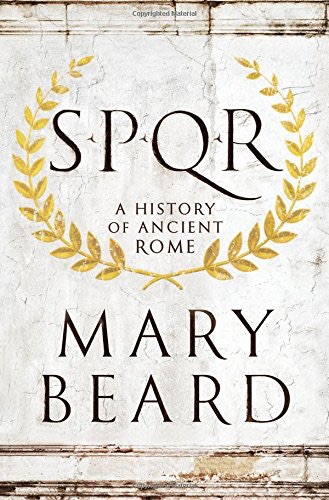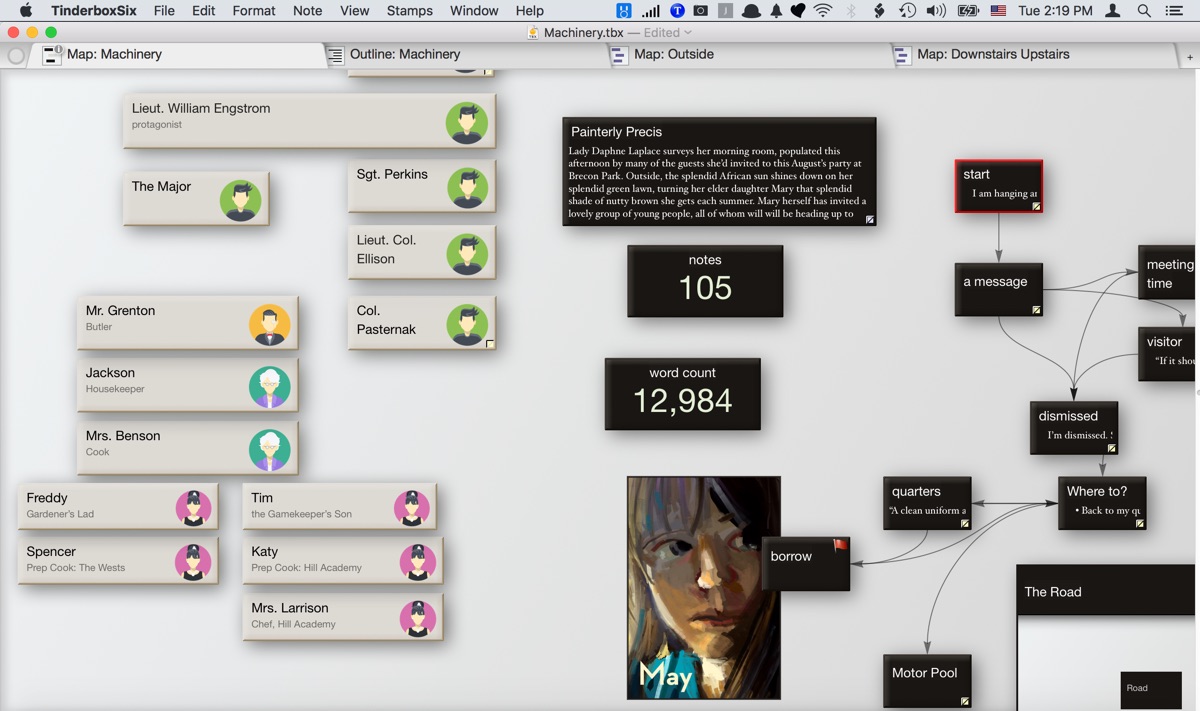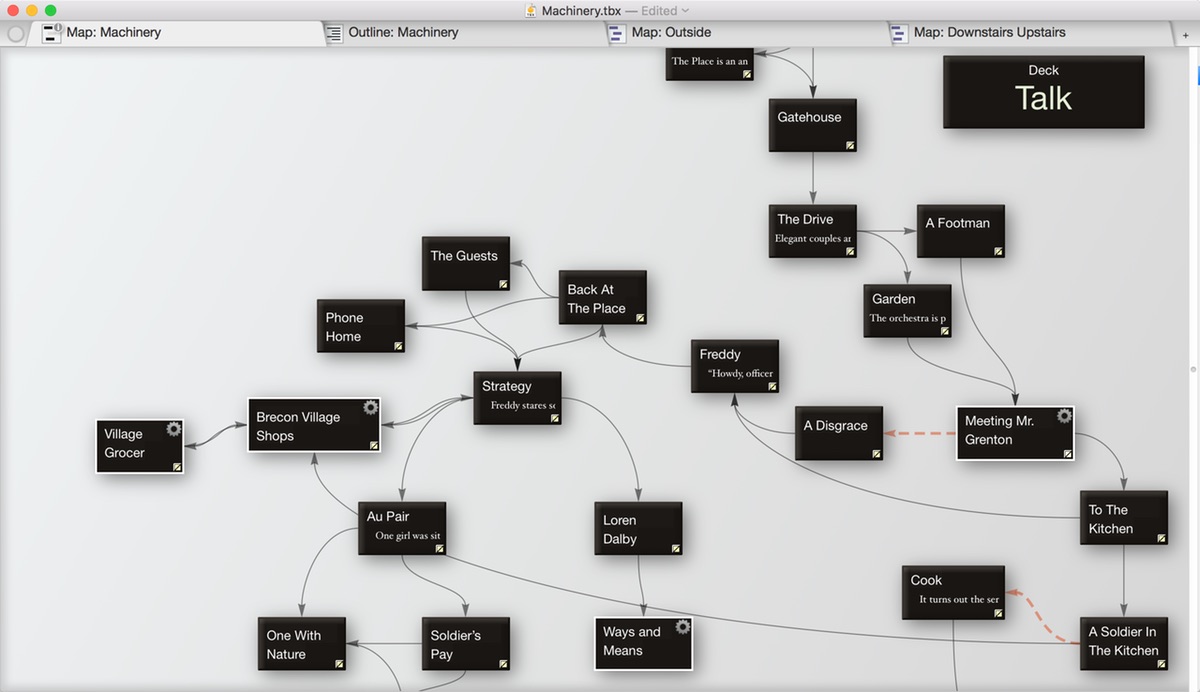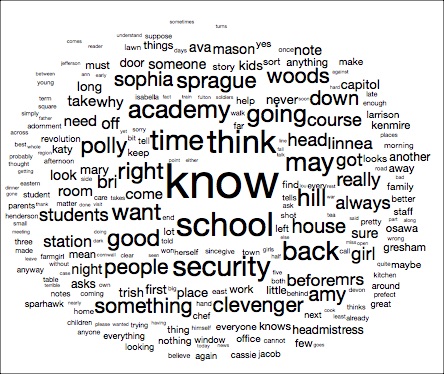Wikipedia’s outgoing arbitration committee likes to imagine that editing disputes are inconsequential. For example, one arbitrator has this to say about some recent topic bans about agricultural chemicals.
As my colleagues have said, don't test the boundaries, just show self-control and spend time editing other project areas, demonstrating that you can edit productively and non-contentiously.
Sweet reasonableness is nice.
Then again, some of the editors in this area are very likely professional spin doctors, employed by the makers and users of toxic chemicals, or by people who want to sell real-estate near toxic waste.
Getting science right matters in a way that getting the episode list of some Japanese children’s cartoons doesn’t. Here, lightly edited, is some email I received from one Wikipedia editor:
I'm up because i could not sleep. I ate the birthday cake of a young man who is not here because he died from PCBs poisoning last year.
This man should have been here, but instead it was the mourning of a community, parents with no son.... lovers with no lover... sisters with no brother.
This man ate too much of the fat of the land, the animals who eat the fish who eat the benthic insects who ate the poison that is in the mud, put there by GE and made by Monsanto, and yet here we have…a seriously useful source being excluded because it has a "point of view" – meaning that they give a shit when people poison rivers and human beings.
This young man is not here because of a conscious, well-documented series of actions. This is not a marginal conspiracy theory. This is a well-documented historical event that is being excluded from an article simply for ideology's sake.
I am writing tonight with the fingers of a dead man whose birthday was last night and who was not there to celebrate it. Instead it was a mournful celebration of family and community missing this man. And some jerk in Australia is allowed to block properly-documented knowledge from a reliable source for all of humankind, just because the ArbCom is made up of people of a clueless or hostile nature. i don't understand how this can be.
Burning the midnight logs in the wood stove in the Berkshires, feeling the ghost of the departed.
I don’t know a hell of a lot about the pollution of the Hudson River Basin, or about polychlorinated biphenyls. I do know, though, that if you’re going to write about these subjects, you do need to know. You can’t sit back and try to judge whether this guy sounds really nice or that advocate has a nifty suit. You’ve got to look at the evidence.





